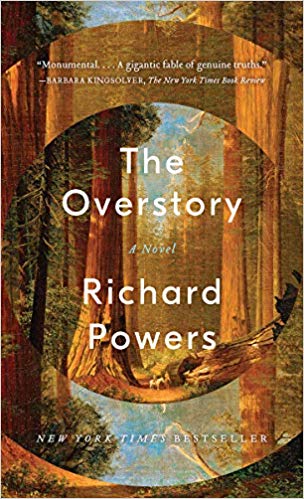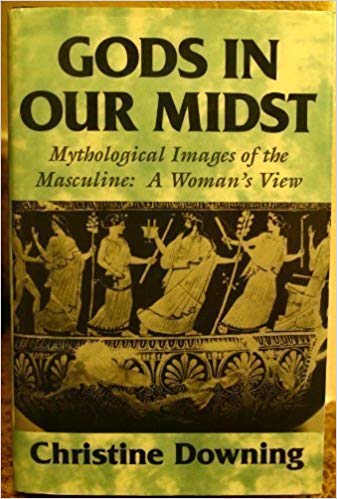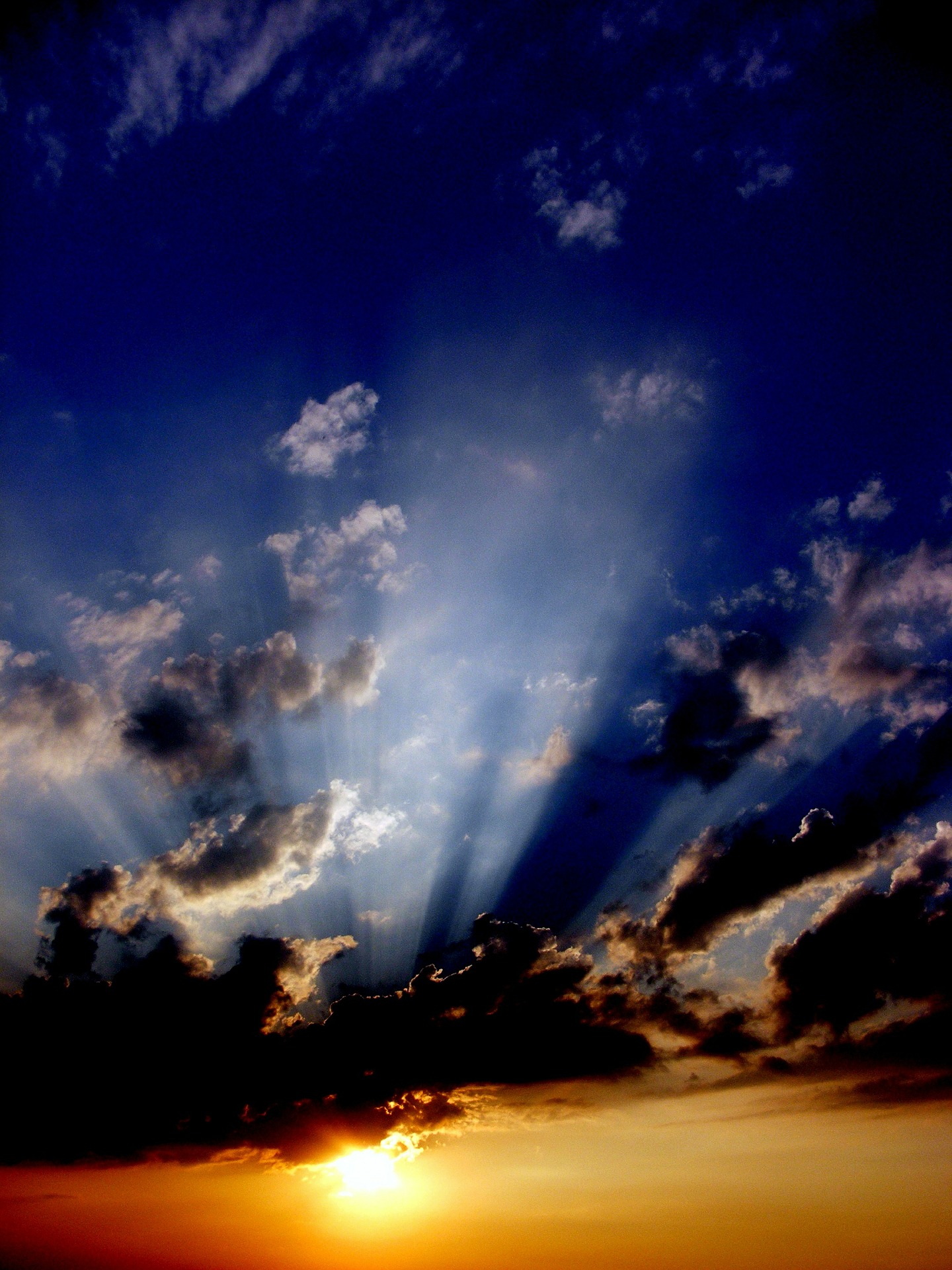This is the third installment of recommended books to read from Daniel Giamario. You can access the other two lists right here:
Book Recommendations - Chapter 1
Book Recommendations - Chapter 2
by Daniel Giamario from September, 2019
I have had a chance recently to read some really amazing books that I cannot recommend enough. I have read a lot of wonderful books these last months, but I desire to specifically highlight four:
The Overstory
by Richard Powers, 2018, William Heinemann Books
 Nancy Fisher told me about this wonderful book. I read it when I was recently in Peru and found it was really hard to put down. Ostensibly, it’s about the intersection of many characters that have some part to play in the Earth-first actions to protect West Coast trees. Although a novel, it’s clearly based on the lives of real people. There is a deep philosophical and spiritual foundation to The Overstory.
Nancy Fisher told me about this wonderful book. I read it when I was recently in Peru and found it was really hard to put down. Ostensibly, it’s about the intersection of many characters that have some part to play in the Earth-first actions to protect West Coast trees. Although a novel, it’s clearly based on the lives of real people. There is a deep philosophical and spiritual foundation to The Overstory.
However the real stars of the book are the trees and forests. Richard Powers has shared that he read over 150 books about trees when researching the book. The major conclusion, is that we humans are misguided when we try to figure out how we can survive this current 6th Mass Extinction.
What we should be doing is all we can to see what we can do for the trees and forests for their survival. If they die, we die. As an added bonus, this book provides a marvelous template for archetype speculations and insights into the Turning of the Ages.
The Smell of Rain on Dust: Grief and Praise
by Martin Prechtel, 2015, North Atlantic Books
 I have always loved Prechtel’s books, having previously recommended Secrets of the Talking Jaguar concerning Guatamalan Shamanism, and Stealing Bonifacio’s Roses about the sacred marriage from a man’s perspective. I have found The Smell of Rain on Dust to be the most articulate and inspiring book that I have ever read about grief. This has been the leading edge of Prechtel’s teaching for a while now. He teaches that fully experienced grief, an important and vital human experience, can best be used for creating beauty and to inspire praise.
I have always loved Prechtel’s books, having previously recommended Secrets of the Talking Jaguar concerning Guatamalan Shamanism, and Stealing Bonifacio’s Roses about the sacred marriage from a man’s perspective. I have found The Smell of Rain on Dust to be the most articulate and inspiring book that I have ever read about grief. This has been the leading edge of Prechtel’s teaching for a while now. He teaches that fully experienced grief, an important and vital human experience, can best be used for creating beauty and to inspire praise.
I learned many important things from this book including:
- The origin of humans keeping pets
- The spiritual collateral damage of warfare
- The importance of how we can honor the dying person, and help them on their journey
This is an essential read for any Shamanic Astrologer, in my view.
America Before: The Key to Earth’s Lost Civilization
by Graham Hancock, 2019, Saint Martin’s Press
 This book is fresh off the press. Hancock is a wonderful researcher and entertaining writer. His latest book follows directly from Fingerprints of the Gods, Underworld, and his previous work, Magicians of the Gods. The focus here is on North and South America and one thing I love about Hancock is his willingness to change his views from book to book. This one includes lots of late-breaking developments, including:
This book is fresh off the press. Hancock is a wonderful researcher and entertaining writer. His latest book follows directly from Fingerprints of the Gods, Underworld, and his previous work, Magicians of the Gods. The focus here is on North and South America and one thing I love about Hancock is his willingness to change his views from book to book. This one includes lots of late-breaking developments, including:
- Human remains back 165,000 years in the Americas
- Australian and Melanesian DNA found in Amazonian hunter-gatherer tribes
- The extensive recent research on the mound structures of North and South America
- Most recent info on the comet strikes that caused the Lower Dryas catastrophe 12,800 years ago
- The human terra-forming of the Amazon Rainforest
- How knowing the terrain of stellar cosmology helps with the navigation of after-death experience
- His latest thoughts about “Atlantis” and ancient civilizations
I consider this essential reading for anyone interested in staying up to date with my own inquiry: that is: “Who are we, and what the hell happened”?
My only quibble with his current views is that he almost completely ignores the “Sundaland” hypothesis. I continue to feel that a high civilization was centered in Sundaland during the last ice age, and if “Atlantis” had any one specific location, it was there, during the time with much lower sea levels when Java, Sumatra, Malaya, parts of the Philippines, and Borneo, were one land mass. No doubt Atlantis had many outposts, but its center was Sundaland.
Gods in our Midst: Mythological images of the Masculine: A Woman’s View
by Christine Downing, 1993.
 Despite being written in 1993, it remains relevant for archetypal understanding. I love Christine Downing’s books. There are many archetypal psychologists, and writers about women’s mysteries that I have been influenced by, including James Hillman, James Hollis, Sylvia Perrera, Jean Bolen, and others. I value Christine Downing’s the most.
Despite being written in 1993, it remains relevant for archetypal understanding. I love Christine Downing’s books. There are many archetypal psychologists, and writers about women’s mysteries that I have been influenced by, including James Hillman, James Hollis, Sylvia Perrera, Jean Bolen, and others. I value Christine Downing’s the most.
It was reading and researching with her book Goddesses that most inspired my own writing for my recent book, Origins of the Shamanic Astrology Paradigm. Gods in our Midst has great relevance for my current understanding of the Shamanic Astrology Paradigm relative to the limitations of the mainstream views of sex and gender, and masculinity and femininity.
As she beautifully articulates, the anima/animus is, in fact, polytheistic, not one-size-fits-all, and we must move beyond unconscious assumptions about what masculinity and femininity is.
Christine, incidentally, is still with us, currently age 88 in 2019. I urge Shamanic Astrologers to read her work. It will surely inspire your imagination, animate your relationship with the archetypes, and deepen your journey in these confusing current times.
SOME OTHER SUMMER READING
Of more specialized and idiosyncratic interest also found me devouring these books:
- Chaos: Charles Manson, the CIA, and the Secret History of the Sixties
by Tom O’Neill, 2019 William Heinemann Books: Mind-blowing and captivating read. - The Origins of the British
by Stephen Oppenheimer 2007: Stephen also wrote “Eden in the East” about the Sundaland hypothesis, which is another book I very much recommend. This one explores the DNA journey of the Irish, Scots and English. - Lucky Man: the autobiography of Greg Lake
Greg was the vocalist, guitar and bass player for King Crimson and Emerson, Lake and Palmer. He recently passed away with pancreatic cancer. - Hello, Shadowlands: Inside the Meth Fiefdoms, Rebel Hideouts, and Bomb-Scarred Party Towns of Southeast Asia
by Patrick Winn 2018: If you have interest in the current political, social and economic realities of South Asia, this is a great and courageous book.

